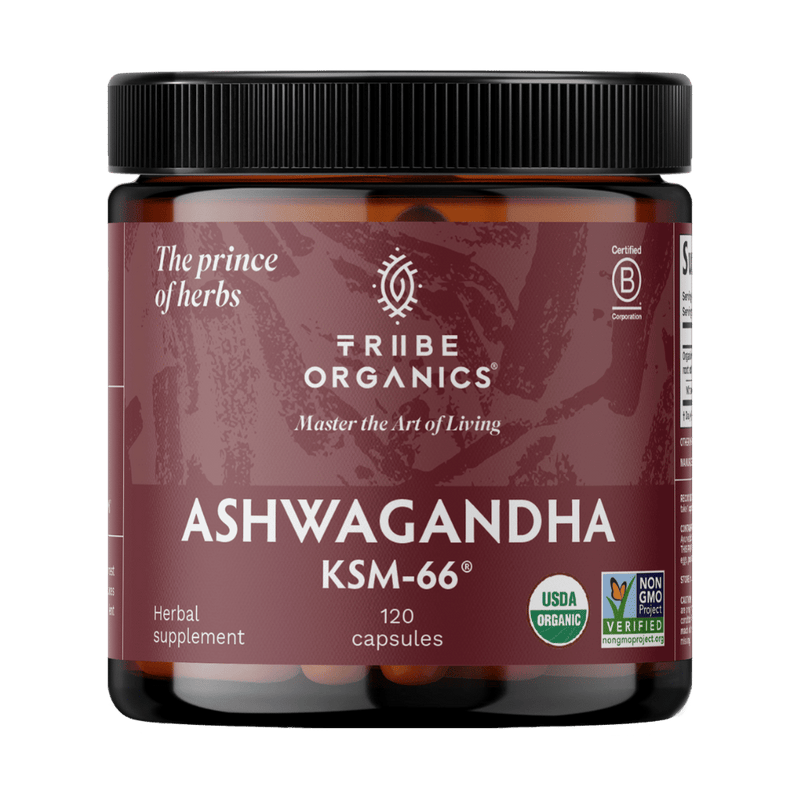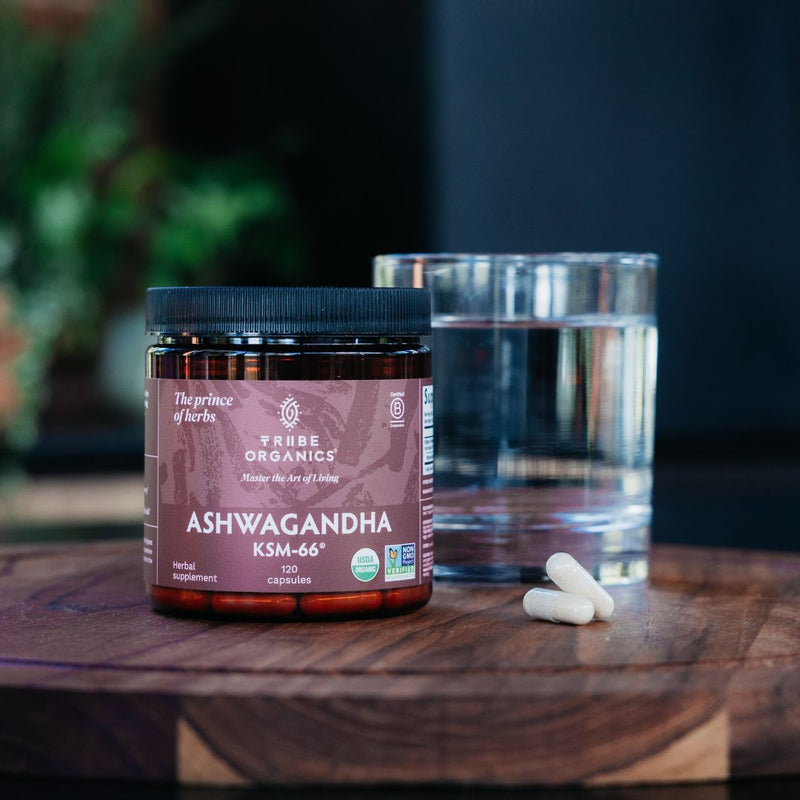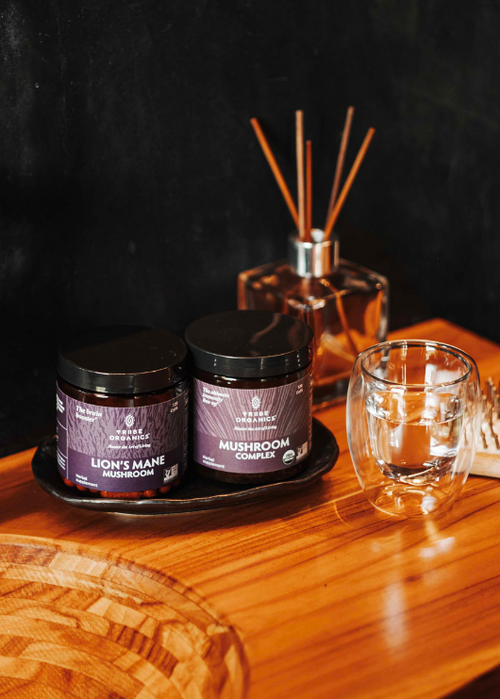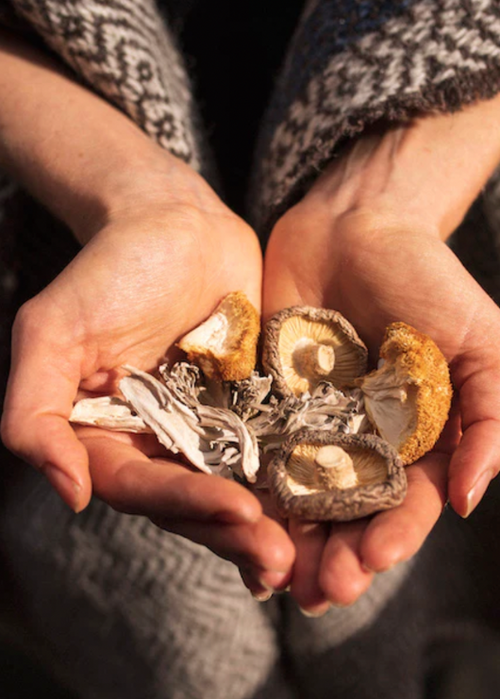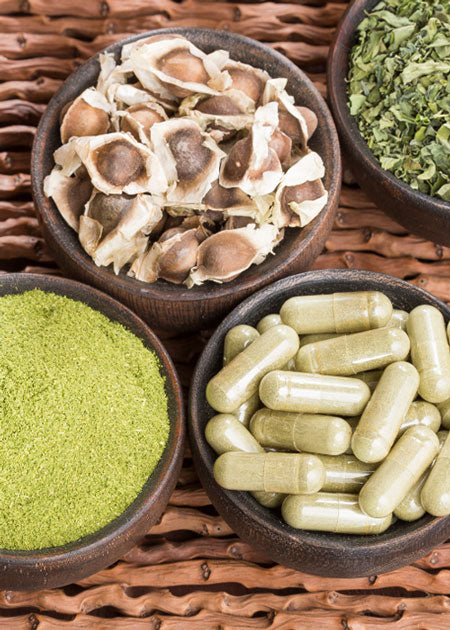Turmeric and testosterone – two words that may not seem related at first glance. Yet, when you delve a bit deeper, you will find a fascinating connection between this golden spice and male hormone health.
In this article, we will explore the significance of turmeric and its potential to enhance testosterone levels. From the science behind it to practical tips on incorporating turmeric into your daily routine, let's uncover the secrets of this natural powerhouse.
The Role of Testosterone in Health
Testosterone is a hormone that plays an important function in the human body, primarily known for its association with masculinity. It's produced in the testes in men and in smaller quantities in the ovaries in women, yet it fulfills various purposes in both genders.
For both men and women, testosterone is responsible for:
- Muscle Growth: Testosterone helps increase muscle mass, making it essential for those looking to build and maintain a strong physique.
- Bone Density: The prevention of osteoporosis and other bone diseases depends on its ability to keep bone density high.
- Libido and Sexual Function: Maintaining healthy libido and controlling sexual desire are both facilitated by testosterone.
Why Maintaining Testosterone Levels Matters
Maintaining optimal testosterone levels is crucial for overall health and well-being. When testosterone levels are in balance, the following takes place:
- Healthy Reproductive Function: Testosterone is crucial for sperm production and fertility for men.
- Physical Performance: It supports physical strength, endurance, and athletic performance.
- Mental Health: Balanced testosterone levels can enhance cognitive function, mood stability, and a sense of vitality.
What to Expect from Low Testosterone Levels
When testosterone levels fall below the healthy range, it can lead to various health issues. In men, this condition is often referred to as hypogonadism, while in women, it's called hypoandrogenism. Some of the risks associated with low testosterone include:
- Reduced Muscle Mass: Low testosterone can result in muscle loss and decreased physical strength.
- Increased Fatigue: Individuals with low testosterone may experience chronic fatigue and reduced motivation.
- Mood Changes: It can lead to mood swings, irritability, and even depression.
- Low Libido: Both men and women may experience a decline in sexual desire and performance.
- Bone Health: Reduced testosterone levels can lead to decreased bone density, increasing the risk of fractures and breaks.
- Fertility Issues: In men, low testosterone can impact sperm production and fertility.
Understanding these aspects of testosterone lays the foundation for comprehending how turmeric can positively impact your hormone levels and contribute to your general health.

The Turmeric Testosterone Connection
Turmeric isn't just a spice; it's a plant with roots that harbor numerous benefits. While it's known for its yellow color that commonly graces curries and mustards, there's more to turmeric than meets the eye.
The intriguing link between turmeric and testosterone calls for a deeper examination, centering on curcumin, the active compound within turmeric, and its intricate influence on hormone regulation:
Inhibition of Aromatase Enzyme
Curcumin's potential to inhibit the aromatase enzyme is pivotal. This enzyme converts testosterone into estrogen, which can lead to hormonal imbalances. Curcumin's ability to block aromatase may help maintain appropriate testosterone levels, particularly in men.
Reduction of Inflammation
Chronic inflammation can disrupt the endocrine system's functionality, impacting hormone production, including testosterone. Curcumin's potent anti-inflammatory properties help mitigate inflammation, both systemically and locally.
Improvement of Blood Flow
Hormone distribution depends on good blood circulation. Curcumin has shown promise in improving blood flow and enhancing vascular health, which ensures hormones like testosterone are efficiently transported to their target tissues.
Antioxidant Defense
Oxidative stress, caused by an imbalance between free radicals and antioxidants, can harm hormone balance, including testosterone. Curcumin's antioxidant properties help neutralize free radicals, potentially safeguarding hormonal equilibrium.
Hormonal Receptor Regulation
Curcumin can regulate hormone receptors that alter the way hormones like testosterone interact with the cells intended to affect. A contribution to the preservation of hormonal balance can be made by this regulation.
Neuroprotective Effects
The neuroprotective qualities of curcumin have been shown to have a good impact on brain health, which could potentially have an effect on the control of hormones, including testosterone.
While research on turmeric's effects on health is still in its early stages, the evidence thus far underscores the potential of turmeric as a natural ally in supporting overall well-being.
Practical Ways to Include Turmeric into Your Routine
Turmeric's potential benefits for your health can be harnessed through various methods of consumption. Some of the most practical ways to incorporate turmeric into your regular diet are as follows:
In Cooking
Curry Dishes: Add turmeric to chicken, vegetables, or lentils for a nutritious and tasty curry.
Rice and Grains: Brighten up rice, quinoa, or couscous with a dash of turmeric for a touch of color and a mild, earthy taste.
Soups and Stews: A pinch of turmeric can boost the flavor and health properties of soups and stews, especially when combined with carrots, potatoes, and lentils.
Salad Dressing: Mix turmeric with olive oil and lemon juice, along with your chosen herbs and spices for a tangy salad dressing.
Scrambled Eggs: Add a bit of turmeric to scrambled eggs for a unique and flavorful breakfast.
Marinades: Use turmeric in marinades for meat, poultry, or tofu to enhance the taste and nutritional value.
Roasted Vegetables: Coat cauliflower, Brussels sprouts, or sweet potatoes with turmeric and olive oil before roasting for a tasty and healthyl side.
Through Supplements
Turmeric Capsules: For those who find it difficult to use turmeric in cooking regularly, capsules are a convenient alternative.
Curcumin Extract: Look for high-quality curcumin extract supplements that provide a concentrated dose of turmeric's active compound.

Side Effects and Safety Precautions of Turmeric Usage
Turmeric is known for its potential benefits, but it's important to be aware of certain considerations and potential side effects when incorporating it into your routine.
Gastrointestinal Issues
Turmeric may cause mild gastrointestinal distress in some people. It is recommended to begin with smaller doses and gradually increase them in order to reduce the likelihood of this happening.
Blood Thinning
Turmeric contains natural compounds that can affect blood clotting. If you are taking medications that thin your blood, it's crucial to consult with your healthcare provider before adding turmeric to your regimen.
Allergic Reactions
While allergic reactions to turmeric are rare, they are still possible. If you suspect an allergic response to turmeric, seek immediate medical attention to address any potential complications promptly.
Medication Interactions
Turmeric can interact with certain prescription drugs, potentially affecting their effectiveness. To ensure your safety and the effectiveness of your medications, discuss the use of turmeric with your healthcare provider if you are on any prescribed drugs.
Kidney Stones
Turmeric contains oxalates, which can increase the risk of kidney stones in certain individuals. Hence, if you are concerned about the possibility of kidney stones or have a history of them, you should exercise caution when using turmeric.
Pregnancy and Breastfeeding
During pregnancy and breastfeeding, turmeric should be used cautiously, particularly in supplement form, due to limited research on its safety in these conditions.
Quality of Supplements
To ensure your safety and reliability, it is recommended to select high-quality turmeric supplements from reputable brands. This choice can help minimize the risk of contaminants or subpar ingredients in the products you choose.
Recommended Dosage
Carefully follow the recommended dosages provided on turmeric supplements and monitor your body's response. Avoid exceeding safe levels of turmeric intake to prevent any potential side effects.
By being mindful of these considerations and consulting with a healthcare provider when necessary, you can make informed decisions about using turmeric safely and effectively.
Lifestyle Factors for Optimal Testosterone Levels
While your genetic makeup does influence your testosterone production, there are various everyday factors you can address to naturally maintain or enhance your testosterone levels. Keep the below in mind:
Diet and Nutrition
- A well-balanced diet that includes a variety of nutrients is essential for hormonal health. Ensure you are getting an adequate intake of protein, healthy fats, and carbohydrates.
- Zinc and vitamin D are particularly important for testosterone production. Foods rich in these nutrients, such as lean meats, nuts, seeds, and fatty fish, should be part of your diet.
- Sugar raises insulin resistance, lowering testosterone levels, so limit consumption of sugary foods and beverages.
Regular Exercise
- Resistance training, including weightlifting, can boost testosterone levels. Aim for at least 150 minutes of moderate-intensity or 75 minutes of vigorous-intensity exercise per week.
- Incorporating aerobic activities like jogging or cycling into your routine can help maintain healthy body composition and support overall hormonal balance.
Stress Management
- Increased cortisol levels lower testosterone production. Regularly practice meditation, yoga, and deep breathing to reduce stress.
- Getting 7-9 hours of quality sleep per night is crucial for hormonal balance. Poor sleep can disrupt testosterone production.
Healthy Weight Management
- Obesity is often associated with lower testosterone levels. Aim to achieve and maintain a healthy body weight through diet and exercise.
- Extreme calorie-restricted diets can lead to a drop in testosterone levels. Opt for sustainable, moderate calorie deficits if you need to lose weight.
Limit Alcohol and Caffeine
- Excessive alcohol consumption can lower testosterone levels. If you choose to drink, do so in moderation.
- While moderate caffeine consumption is generally safe, excessive caffeine intake may disrupt sleep and increase stress levels.
Avoid Smoking and Drug Abuse
- Smoking is linked to decreased testosterone levels and can have numerous negative health effects. Quitting smoking can benefit your hormonal health.
- Recreational drug use, especially anabolic steroids, can lead to imbalances in hormone levels and should be avoided.
Regular Health Check-ups
- If you suspect you have low testosterone levels or are considering hormone replacement therapy, consult a healthcare professional.
- An expert can provide guidance and conduct necessary tests to determine the most appropriate course of action.
With these practical changes and expert support, you can work toward achieving your desired testosterone balance and overall well-being.

Get the Natural Edge with Tribe Organics' Turmeric Complex
Do you want to improve your health and testosterone levels without resorting to harmful chemicals? If you are on the hunt for a reliable ally in your pursuit of natural nutrition, look no further than Tribe Organics!
Our commitment to providing you with high-quality, all-natural supplements has led us to create a groundbreaking product: Turmeric Complex. It combines the potent qualities of this golden spice with cutting-edge science, enhancing your vitality, stamina, and overall performance.
Have questions or need more information? Our dedicated team is here to assist you! Contact us, and we will happily address any inquiries or provide personalized guidance.
Conclusion
In the world of health and wellness, turmeric is undeniably a fascinating subject. While the connection between turmeric and testosterone is promising, it's crucial to approach it with realistic expectations and consult with healthcare professionals.
With its rich history and potential health benefits, turmeric is just one piece of the puzzle for maintaining hormonal health. So, embrace it as part of a holistic approach to well-being, and remember that balance is key.
Frequently Asked Questions
Shop best sellers
Explore our collection of favorite items that have gained popularity for their quality and satisfaction.




